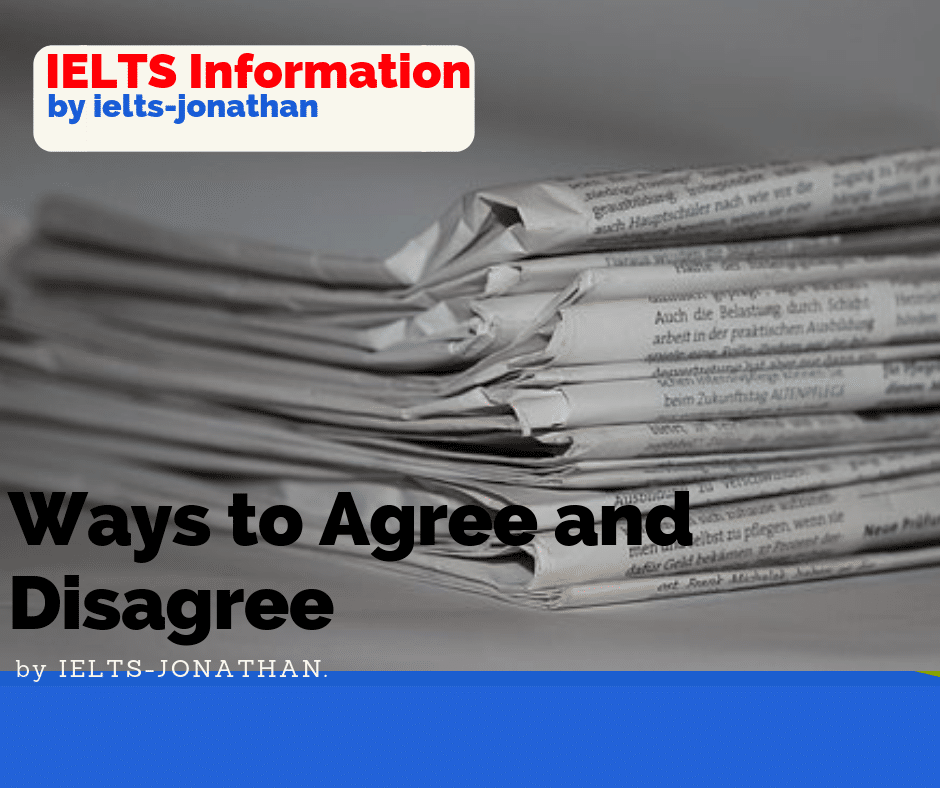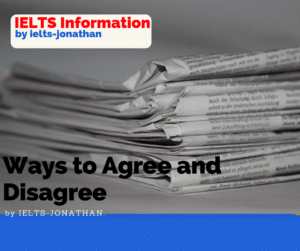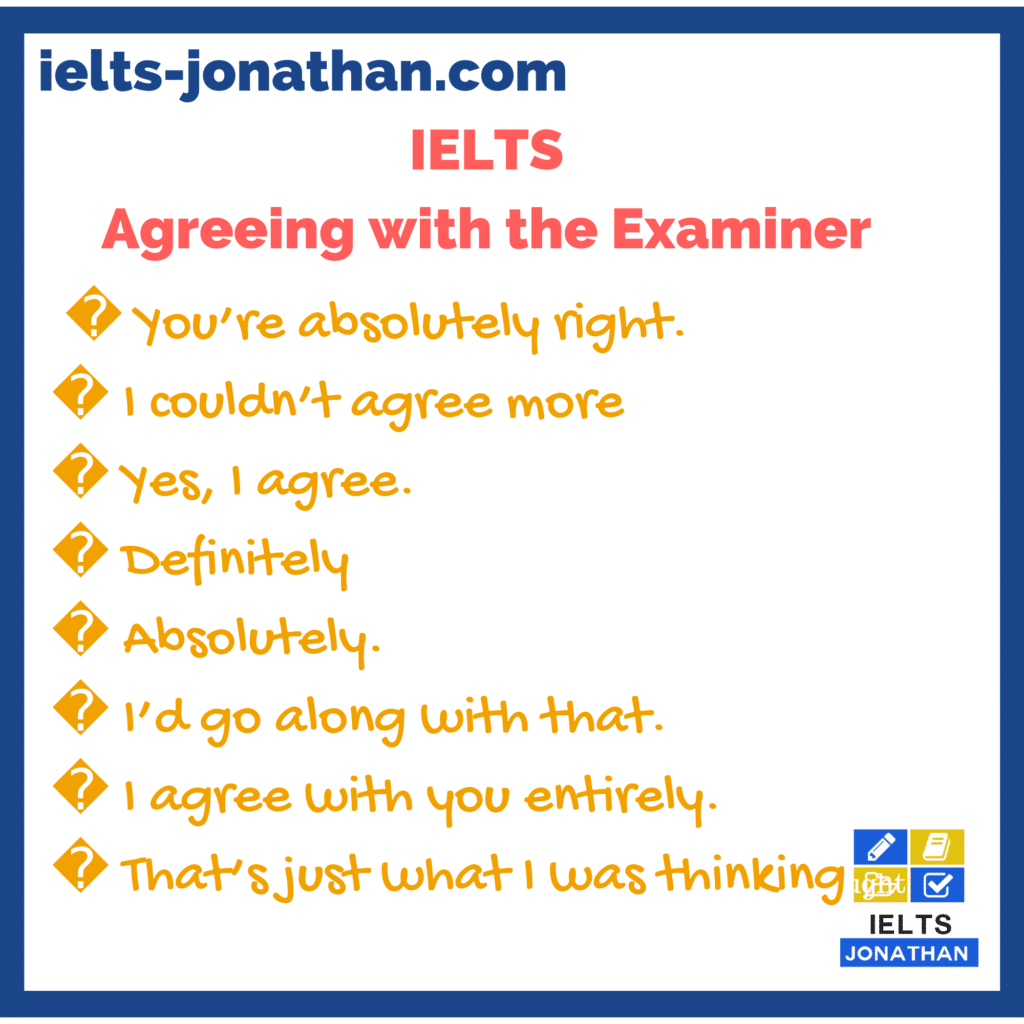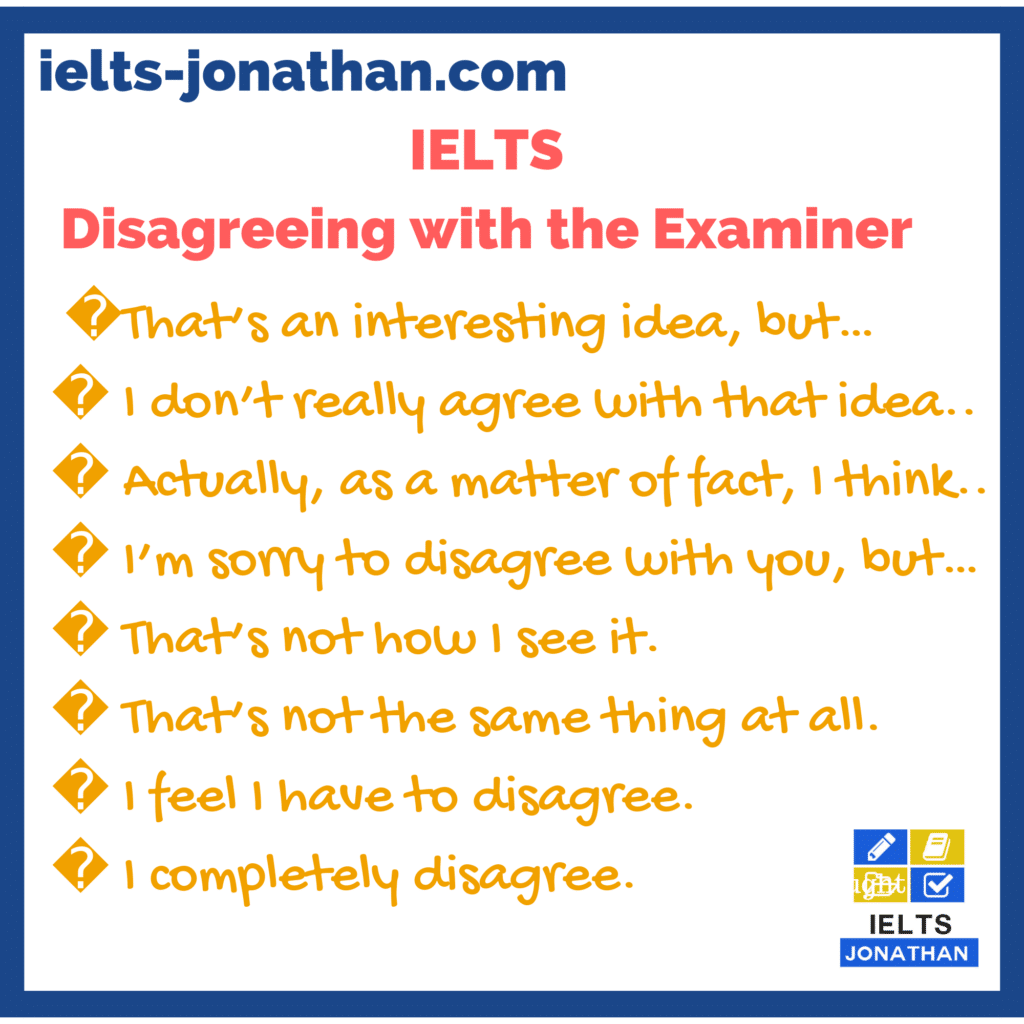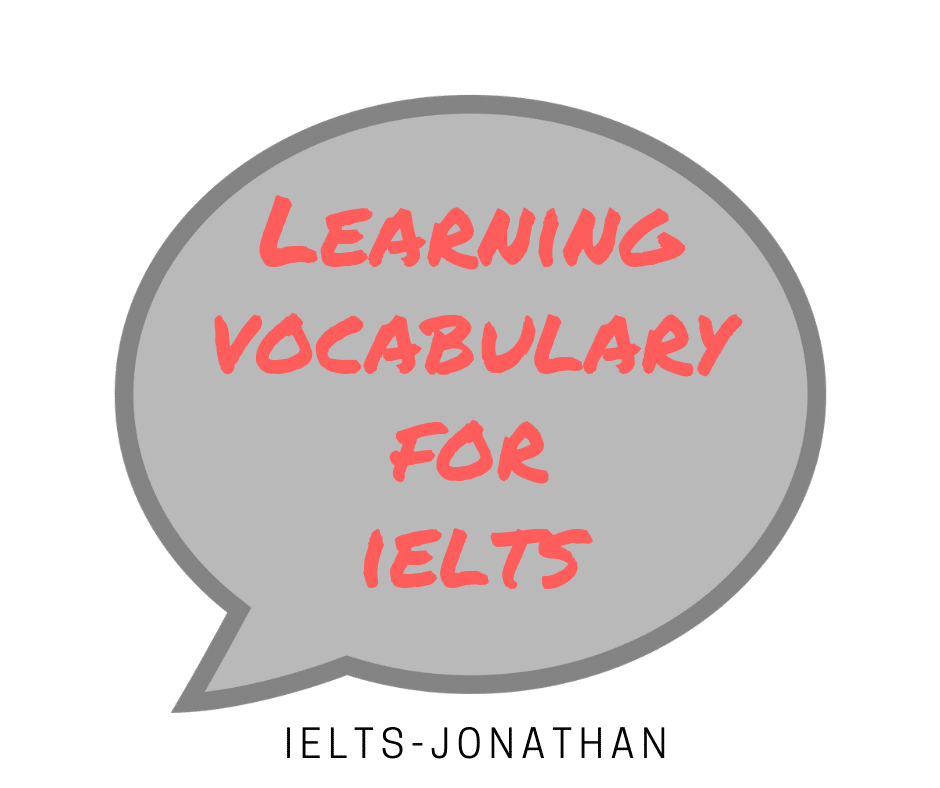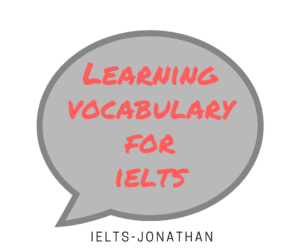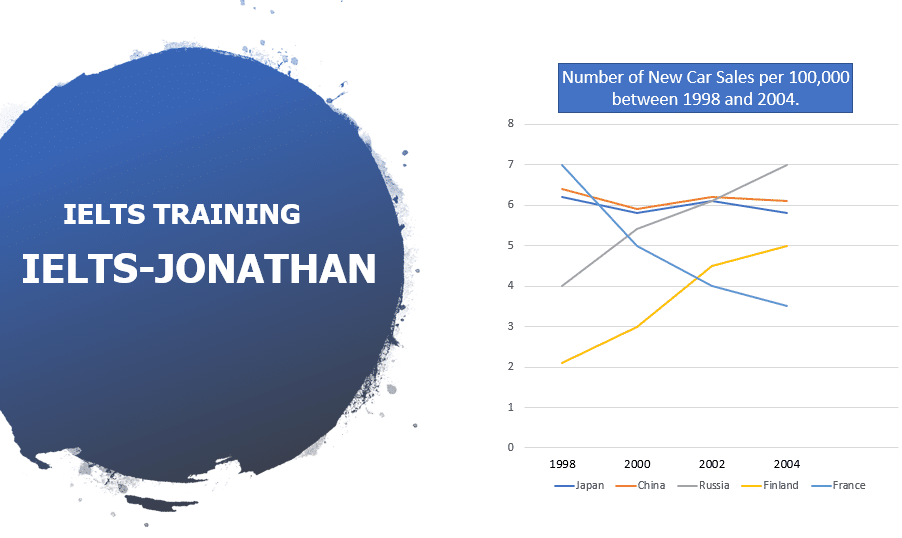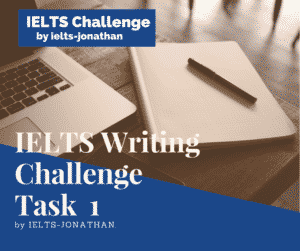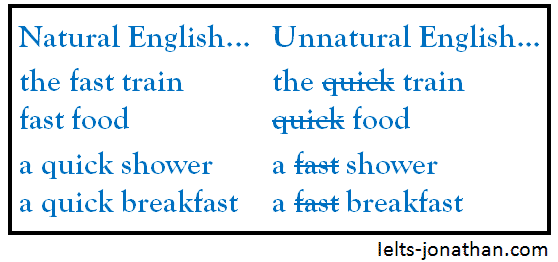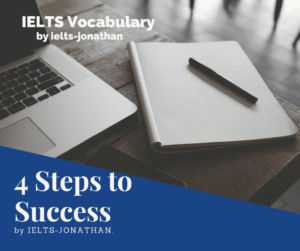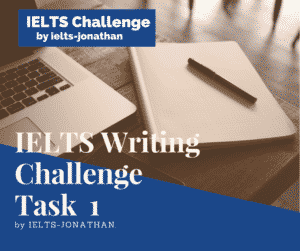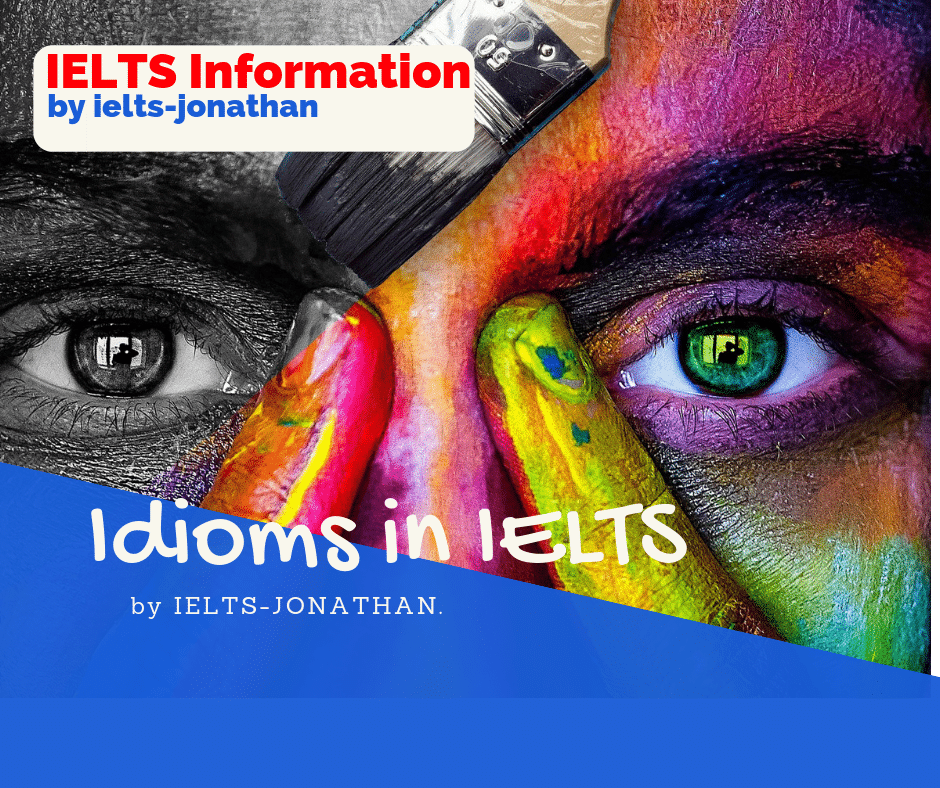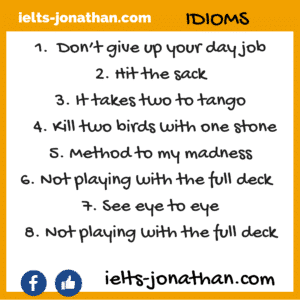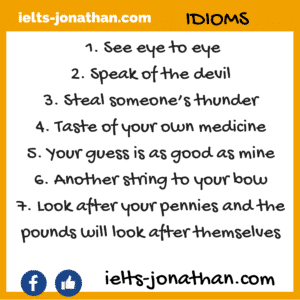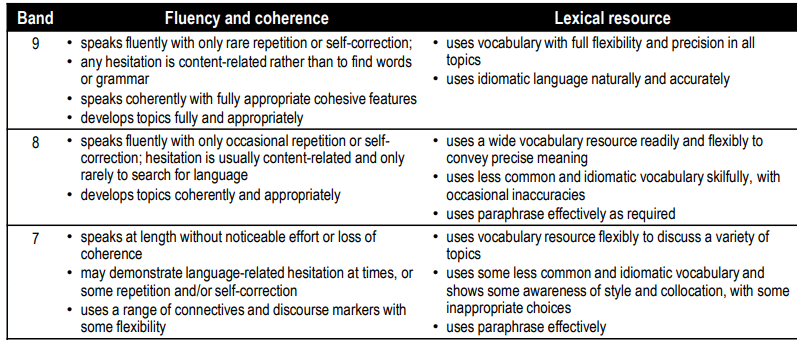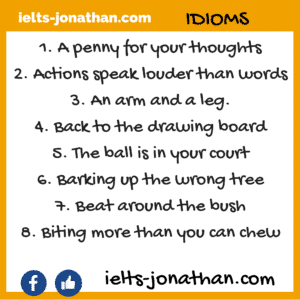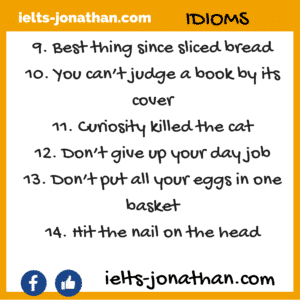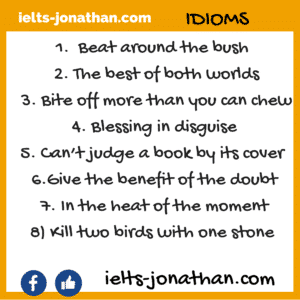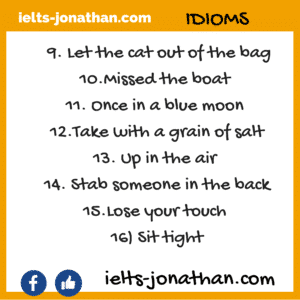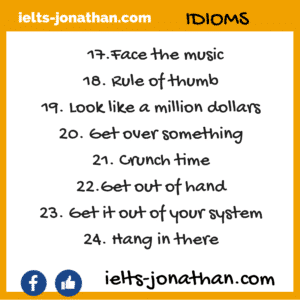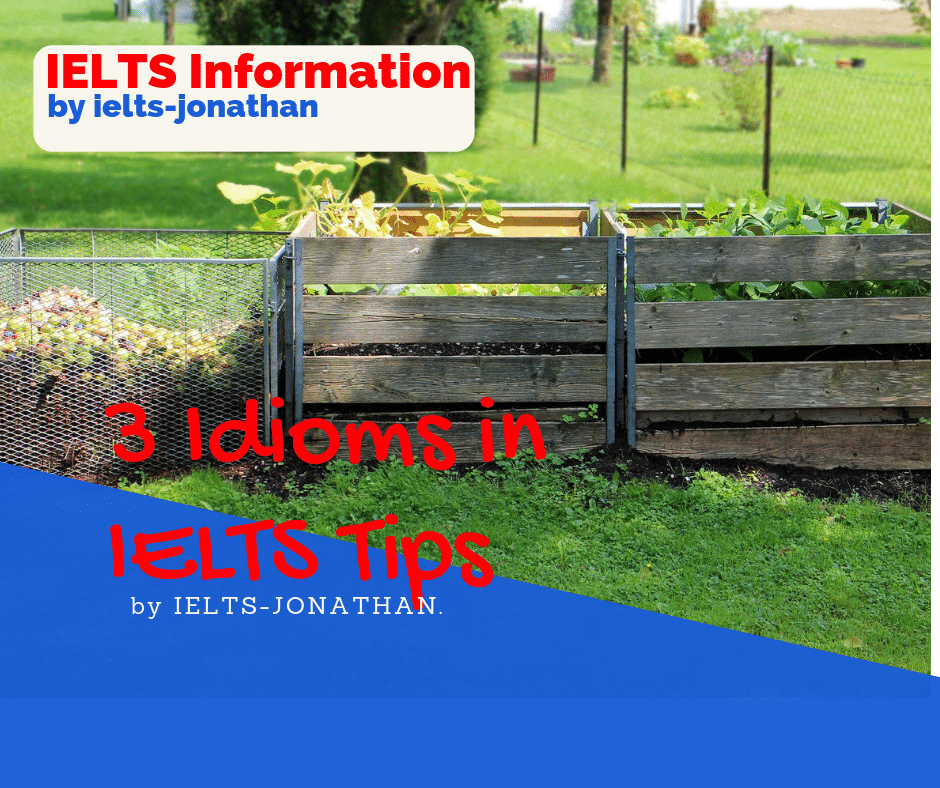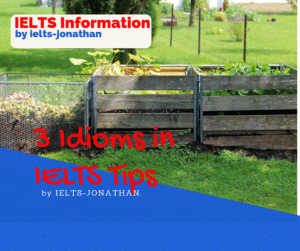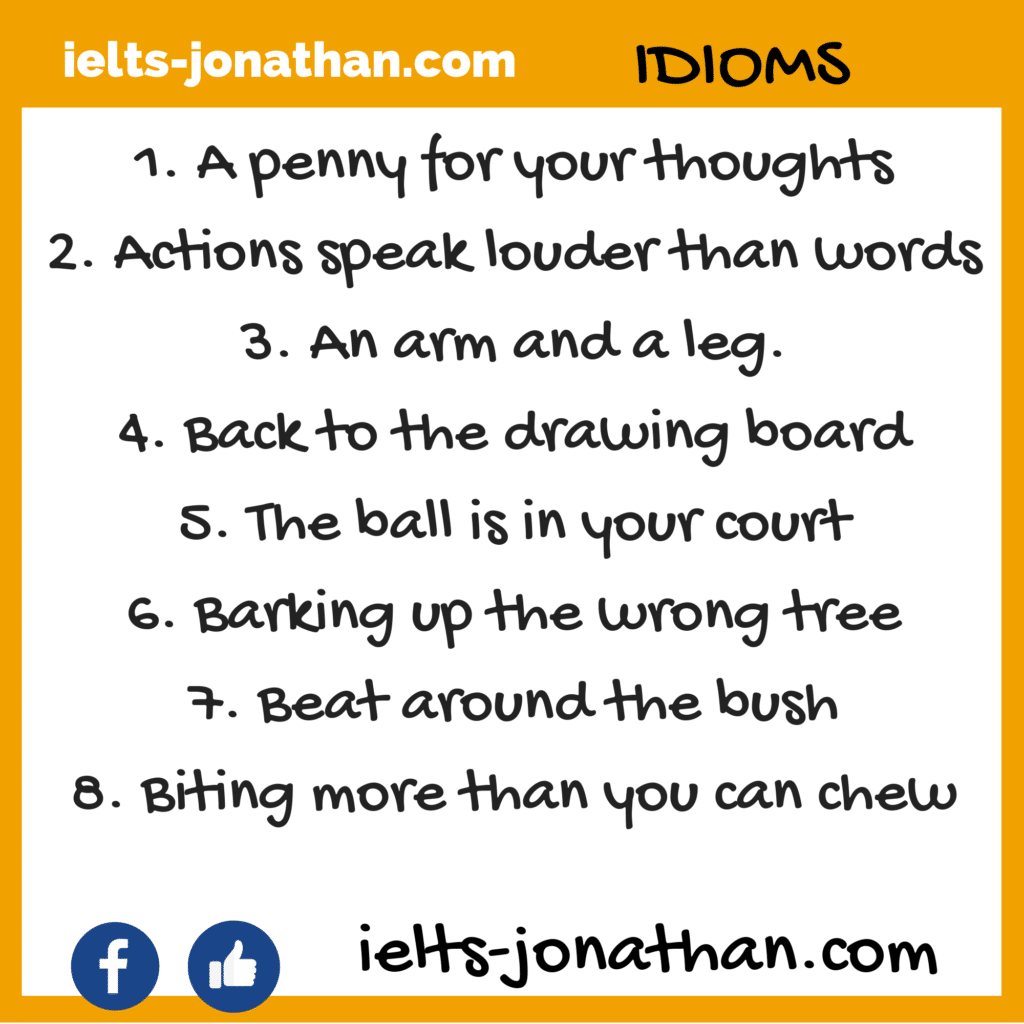What is Vocabulary Development
Vocabulary is not just the vocabulary you know, but also how you are able to use it.
I’ve carefully examined the marking descriptors for IELTS Writing Task 1 and 2 and IELTS Speaking and LEXICAL RESOURCE is an important feature of both parts.
A specific criteria for a higher band is ‘skillfully uses uncommon lexical items‘ and another is ‘sufficient range of vocabulary to allow flexibility and precision‘.
What does this mean
Scoring A Higher Band Score
You could try to impress the examiner and increase your Band Score in IELTS Writing by paraphrasing and a good use of synonyms.
In IELTS Speaking you can do something similar, and in addition, you can rephrase your own remarks.
Don’t just to repeat every question the examiner gives as experience tells me this just irritates the examiner.
High Level Language
I’ve provided some examples below.
Consider how they second example is a paraphrase, uses synonyms effectively , or rephrases the first example.
Look at these examples below which are related to the topic of money.
I don’t think it’s worth it:
It’s too much effort for little results.
It’s definitely worth it:
The results will be good if we put in the effort.
It will cost us a fortune:
It will be really expensive.
It will be cheap as chips to build:
It won’t cost much money to put together.
The building was valued at £3 million:
The building was estimated to be worth £3 million.
These examples can relate directly to the examiner’s prompt.
Notice the purpose of the expression and the function.
Agreeing with an opinion
You can these words and phrases to agree with the IELTS examiner’s point of view:
For example:
The examiner may ask;
- You’re absolutely right.
- I couldn’t agree more
- Yes, I agree.
- Definitely
- I’d go along with that.
- I agree with you entirely.
- That’s just what I was thinking.
The examiner may ask;
- I think so too.
- That’s a good point.
- So do I.
The examiner may ask;
- That’s true.
The examiner may ask;
- Neither do I. (It’s not always an easy thing to do)
Partially agreeing with an opinion
You can use these words and phrases to partially agree with the IELTS examiner’s viewpoint:
The examiner may ask;
- I see your point but…
- I see what you are getting at but…
- I go along with that view to a point, but…
- That’s one way of looking at it, however…
Disagreeing with an opinion
You can use these words and phrases to disagree with IELTS examiner’s viewpoint.
The examiner may ask;
- (I’m afraid) I don’t agree with you.
- I see things rather differently
- You could be right, but…
- I’m not so sure about that.
- I agree up to a point, but…
- I’m not sure that /I‘d go along with that view…
- That’s not entirely true.
- On the contrary, …
- That’s an interesting idea, but…
- I don’t really agree with that idea..
- Actually, as a matter of fact, I think..
- I’m sorry to disagree with you, but…
- That’s not how I see it.
- That’s not the same thing at all.
- I feel I have to disagree.
- I completely disagree.
You might think that it’s not a good idea to disagree with examiner, that it might affect your Band Score.
I couldn’t disagree more!
I hope that you found this information useful and you have taken on board some of the tips.
Please share to someone you know and in the meantime take a look at my
Facebook Page and Website for IELTS answers and you can also join my Facebook Group here too.
I also recommend taking a look at my free blog below, or sign up to my Newsletter which gives further instruction on how to give that perfect Task Response:
I’m Jonathan
I’ve taught IELTS and University English in more than a dozen universities and schools around the world.
I’m a parent, traveller and passionate about language teaching and helping students achieve their dreams.
Whilst living in Austria or working in Asia, I run IELTS courses to help students get to where they want to be.
If you are serious about IELTS, connect with me to see how I can help you.

